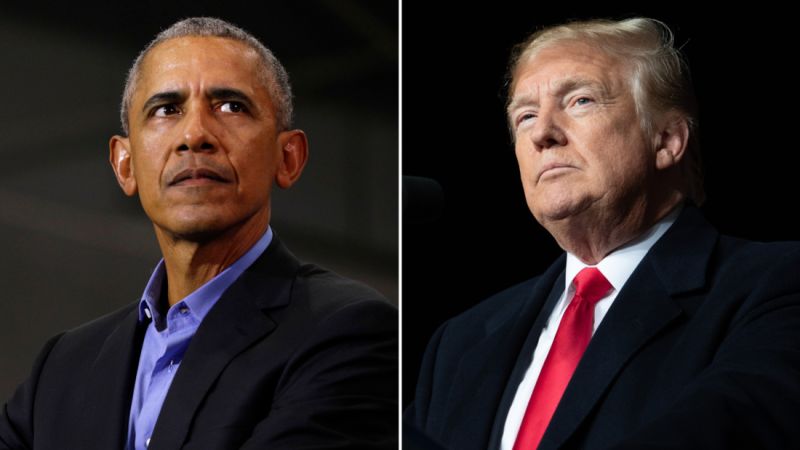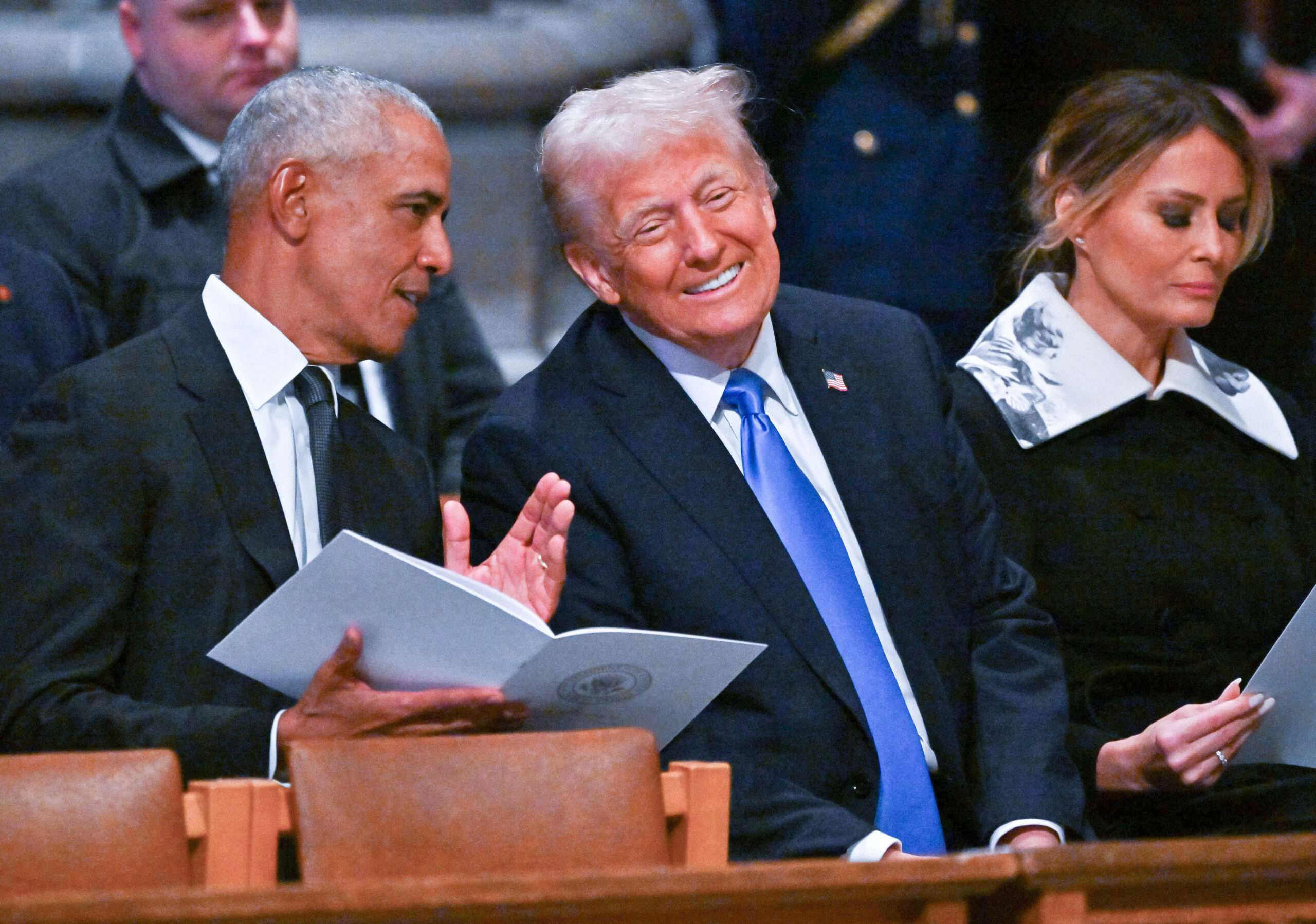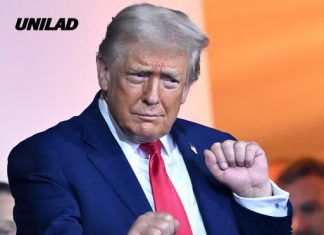In April 2025, former President Barack Obama publicly criticized the Trump administration’s decision to freeze over $2.3 billion in federal funding to Harvard University. The administration’s demands included eliminating diversity, equity, and inclusion (DEI) programs, implementing merit-based admissions and hiring policies, banning face masks on campus, and increasing cooperation with immigration authorities. Harvard University rejected these demands, asserting that they infringed upon academic freedom and autonomy.
Obama’s Response
Barack Obama lauded Harvard’s stance, describing the administration’s actions as an “unlawful and ham-handed attempt to stifle academic freedom.” He emphasized the importance of maintaining an environment of intellectual inquiry, rigorous debate, and mutual respect in higher education institutions.
Harvard’s Position
Harvard President Alan Garber defended the university’s decision, stating that while some government demands aimed to address antisemitism, many represented direct governmental overreach into the university’s intellectual conditions. Garber affirmed Harvard’s commitment to combating antisemitism but opposed measures that compromised academic freedom.

Broader Implications
This incident is part of a broader trend of the Trump administration exerting pressure on academic institutions. Similar actions have been taken against other universities, such as Columbia, highlighting ongoing tensions between the federal government and higher education institutions over issues like free speech, civil rights, and campus activism.
Obama Condemns Trump Administration’s $2.3 Billion Funding Freeze on Harvard University
In April 2025, former President Barack Obama strongly criticized the Trump administration’s decision to freeze $2.3 billion in federal funding earmarked for Harvard University. The unprecedented action was tied to a list of demands from the administration that Harvard refused to meet, sparking a national debate over academic freedom and political overreach.
Controversial Federal Demands
The Trump administration’s demands included the complete dismantling of diversity, equity, and inclusion (DEI) programs, a shift to strictly merit-based admissions and hiring policies, a campus-wide ban on face coverings—including masks worn during protests—and enhanced cooperation with immigration enforcement. The administration justified the move as a way to “restore academic integrity and constitutional values” on elite campuses.
Harvard University rejected the conditions outright, calling them a “gross interference in the internal governance of an academic institution.” President Alan Garber stated that although the university is fully committed to combating antisemitism and protecting student safety, the administration’s directives crossed a line, threatening intellectual freedom and campus diversity.
Obama’s Strong Rebuttal
Barack Obama issued a rare and impassioned public statement supporting Harvard’s refusal to comply. He described the funding freeze as an “unconstitutional act” that jeopardizes the role of higher education in fostering free thought and social progress. “Our universities are supposed to challenge us—to make us uncomfortable, to make us think,” Obama said. “When government tries to dictate what can and cannot be taught or discussed, we are on a dangerous path.”
Political and Academic Backlash
The funding freeze has generated a wave of criticism from academic leaders, civil liberties organizations, and students nationwide. Dozens of other universities, including Yale, Stanford, and MIT, have issued solidarity statements with Harvard, warning that this could set a precedent for political intrusion into educational policy. The American Civil Liberties Union (ACLU) called the action “a direct assault on the First Amendment.”
Meanwhile, conservative groups have rallied behind the administration, arguing that DEI programs promote division and that elite universities have long ignored dissenting viewpoints. Supporters of the funding freeze argue that federal money should come with conditions that align with what they call “constitutional values.”

Wider Implications for Higher Education
The conflict between Harvard and the Trump administration is just one flashpoint in a growing culture war over the direction of American higher education. As the 2026 election cycle looms, debates over the role of DEI, free speech, and institutional independence are expected to intensify. Legal scholars warn that prolonged withholding of funds could disrupt not only research and academic programs but also student financial aid, disproportionately affecting low-income and minority students. Harvard is currently exploring legal action, with some experts anticipating a potential Supreme Court showdown over the limits of federal authority in education.
Conclusion
The confrontation between the Trump administration and Harvard University underscores the challenges facing academic institutions in preserving their autonomy and upholding the principles of academic freedom. As debates over the role of higher education in society continue, the responses of universities to governmental pressures will have lasting implications for the future of academic independence.

















